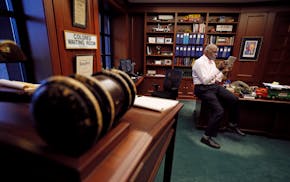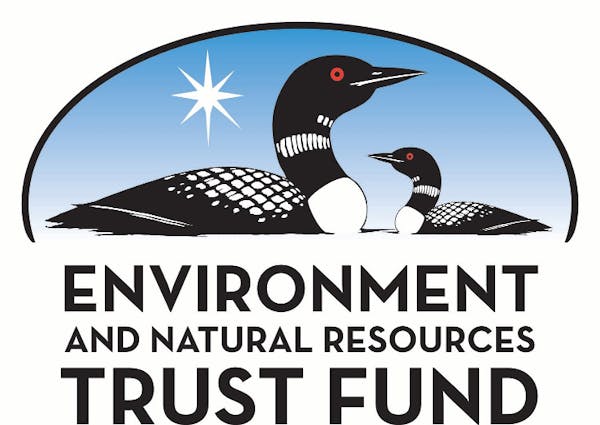Governor Tim Walz on Friday signed the controversial bill that spends about $70 million in lottery funds for conservation projects around the state, while at the same time objecting that a dozen of the projects had been inserted into the bill by legislators without being reviewed by the Legislative-Citizen Commission on Minnesota Resources (LCCMR).
"The bill sent to my desk has twelve legislative additions, out of a total of 80 projects — a full 15% of the bill — that were not even proposed in the LCCMR vetting process," Walz wrote in a letter to legislative leaders. "All but one of these additions were at the expense of projects that had been submitted as a proposal and vetted by the LCCMR.
"I am deeply disappointed that politicians undermined the integrity of a process that includes public members who spend hundreds of hours each year reviewing and recommending projects for funding. The politicization of this process does not go unnoticed."
Walz had been asked by some conservationists in e-mails and in personal discussions to line-item veto the 12 projects, but he signed the bill in its entirety. The governor did, however, ask legislators to consider reforming the system by which projects funded by lottery-ticket sales are reviewed before being submitted to the Legislature.
"I implore the Legislature to cease adding unvetted projects to this bill, and to let the public member experts on the LCCMR lead and prioritize making a recommendation to the legislature,'' Walz wrote. "Finally, I encourage a thoughtful discourse about how we may reform the LCCMR to ensure that politics stays out of this process.''
LCCMR co-chair Nancy Gibson has served on the LCCMR as a volunteer for 15 years. Though disappointed she and the other six citizens on the 17-member commission didn't receive Walz's letter, she agrees the project-evaluation system should be revised.
"The governor has some good ideas about reforming the commission and listening to the citizen experts on it," Gibson said. "I hope he follows through."
Audubon Minnesota is among many conservation groups that have proposed projects to the LCCMR.
"The lottery money is really critical funding for conservation throughout Minnesota," said Rob Schultz, Audubon Minnesota executive director. "Everyone from conservation organizations to state and federal agencies and various colleges and universities undertakes a lot of work to develop and propose valuable projects. It's a long, arduous process to shepherd them through the LCCMR, and we believe the commission's recommendations should be followed because they have been vetted."
Schultz said he agrees the LCCMR should be reformed. "We appreciate the statements that Gov. Walz made when he signed the LCCMR bill and we are looking forward to working toward reforms as we move ahead," he said.
Minnesota lottery profits underwrite the Environment and Natural Resources Trust Fund (ENRTF), which pays for the annual conservation projects. Both were established in 1988 by voter-approved constitutional amendment.
Constitutional dedication of 40% of lottery profits to the trust fund expires Dec. 31, 2024. Dedication of a similar percentage is enshrined in Minnesota law. But conservationists hope Minnesota voters in 2023 or 2024 approve another constitutional amendment that ensures the continuation of the trust fund and its conservation work.

Twins lose second in a row to Blue Jays as bullpen falters late
What is the 'House settlement,' and what does it mean for the Gophers and NCAA?

Souhan: Anxiety and depression in the NFL helped inspire Lindsey Young's children's book
Neal: Trade season is here ... and now it's time for the Twins to act

